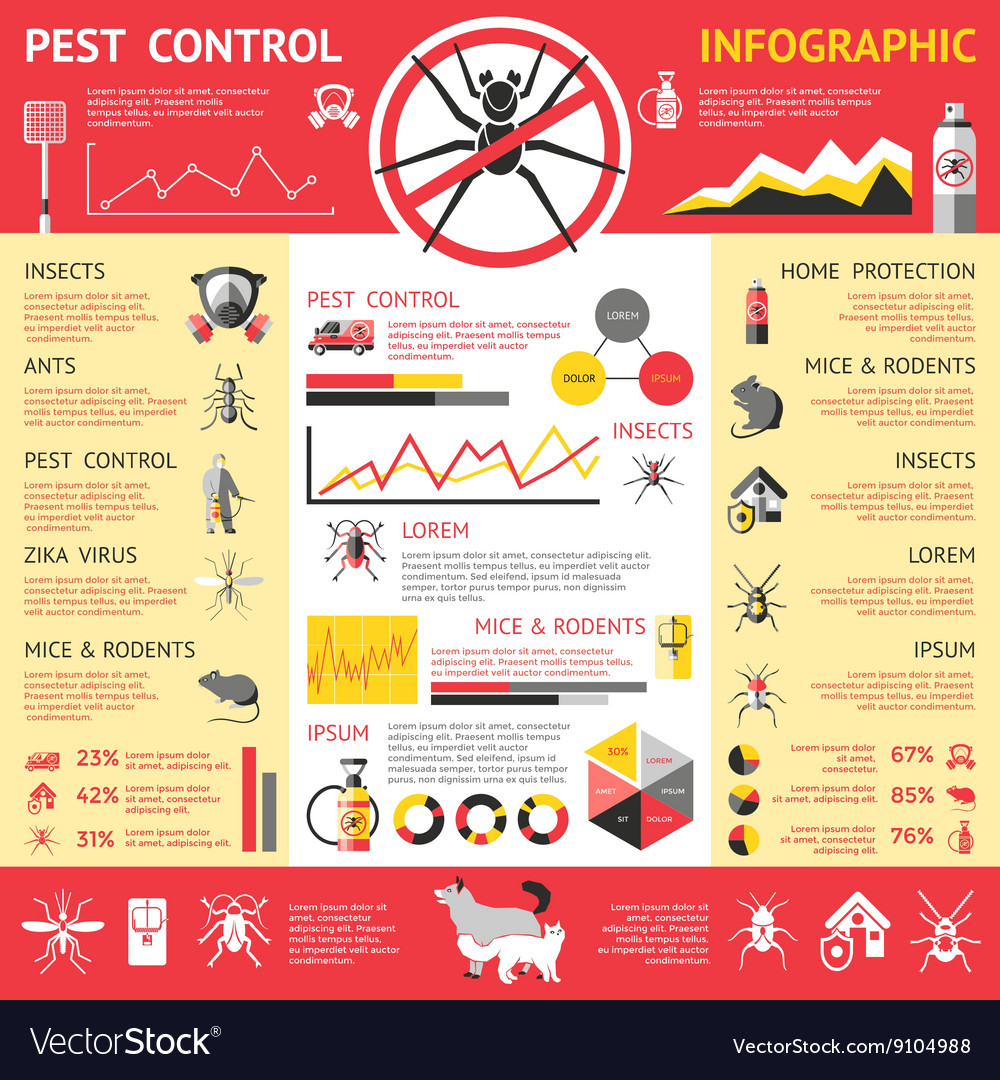Visualize your yard as a sanctuary, a place of serenity and elegance. However, the visibility of outside bugs can promptly disrupt this picturesque photo. What if there were easy yet effective methods to maintain these unwelcome visitors away and shield your yard sanctuary? By adhering to a few functional tips and carrying out natural approaches, you can produce an unified outdoor space where your plants can grow uninterrupted.
Natural Parasite Deterrents
To keep insects away from your garden normally, plant aromatic natural herbs like mint and lavender. These great smelling plants not just include elegance to your yard yet additionally work as effective bug deterrents. https://best-raccoon-removal-serv06173.tokka-blog.com/27311553/real-life-customer-stories-expose-remarkable-accounts-of-conquering-parasites-via-making-use-of-pest-control-operator-solutions like insects, flies, and also some garden-damaging bugs are fended off by the solid fragrances sent out by these natural herbs. Just positioning them purposefully around your garden can aid produce a natural obstacle versus unwanted parasites.
In addition to mint and lavender, think about growing various other natural herbs like rosemary, basil, and lemongrass to even more improve your garden's pest-proofing abilities. These natural herbs not only act as natural repellents yet likewise have the added advantage of working in cooking or crafting homemade treatments.
Strategic Plant Positioning
Think about the design of your yard and the kinds of plants you need to tactically put them for maximum pest-proofing effectiveness.
Beginning by grouping plants with similar resistance to pests with each other. By doing this, you can create a natural obstacle that deters pests from spreading out throughout your yard.
Additionally, placing pest-repelling plants like marigolds, lavender, or mint near even more at risk plants can assist secure them. High plants, such as sunflowers or corn, can function as a shield for shorter plants versus bugs like bunnies or ground-dwelling insects.
Remember to leave exterminator in between plants to improve air circulation and decrease the danger of illness that pests may lug.
In addition, take into consideration growing strong-smelling herbs like rosemary or basil near at risk plants to confuse bugs' detects and make it harder for them to situate their targets.
Effective Pest Control Methods
For combating garden pests properly, carrying out a multi-faceted bug control strategy is essential. Start by encouraging natural killers like birds, ladybugs, and hoping mantises to help maintain bug populations in check. Presenting plants that draw in these advantageous bugs can aid in pest control. Additionally, exercising excellent yard health by getting rid of debris and weeds where pests could hide can make your garden much less welcoming to undesirable visitors.
Consider utilizing physical barriers such as row cover materials or netting to safeguard vulnerable plants from bugs like caterpillars and birds. Applying organic chemicals like neem oil or insecticidal soap can likewise be effective versus specific parasites while being less hazardous to valuable pests and the setting. It's crucial to rotate your crops each season to stop the buildup of insect populaces that target specific plants.
On a regular basis inspect your plants for signs of parasite damage so you can act immediately. By integrating these techniques and remaining attentive, you can successfully regulate yard insects and take pleasure in a growing, pest-free garden.
Verdict
So, there you have it - with the best approaches, you can maintain pesky exterior parasites far from your yard and aid your plants grow.
Did you understand that growing mint has been shown to repel mosquitoes and other bugs, decreasing the demand for dangerous chemicals by approximately 60%?
By integrating natural deterrents and clever growing techniques, you can create a beautiful and pest-resistant garden sanctuary for you to delight in.
